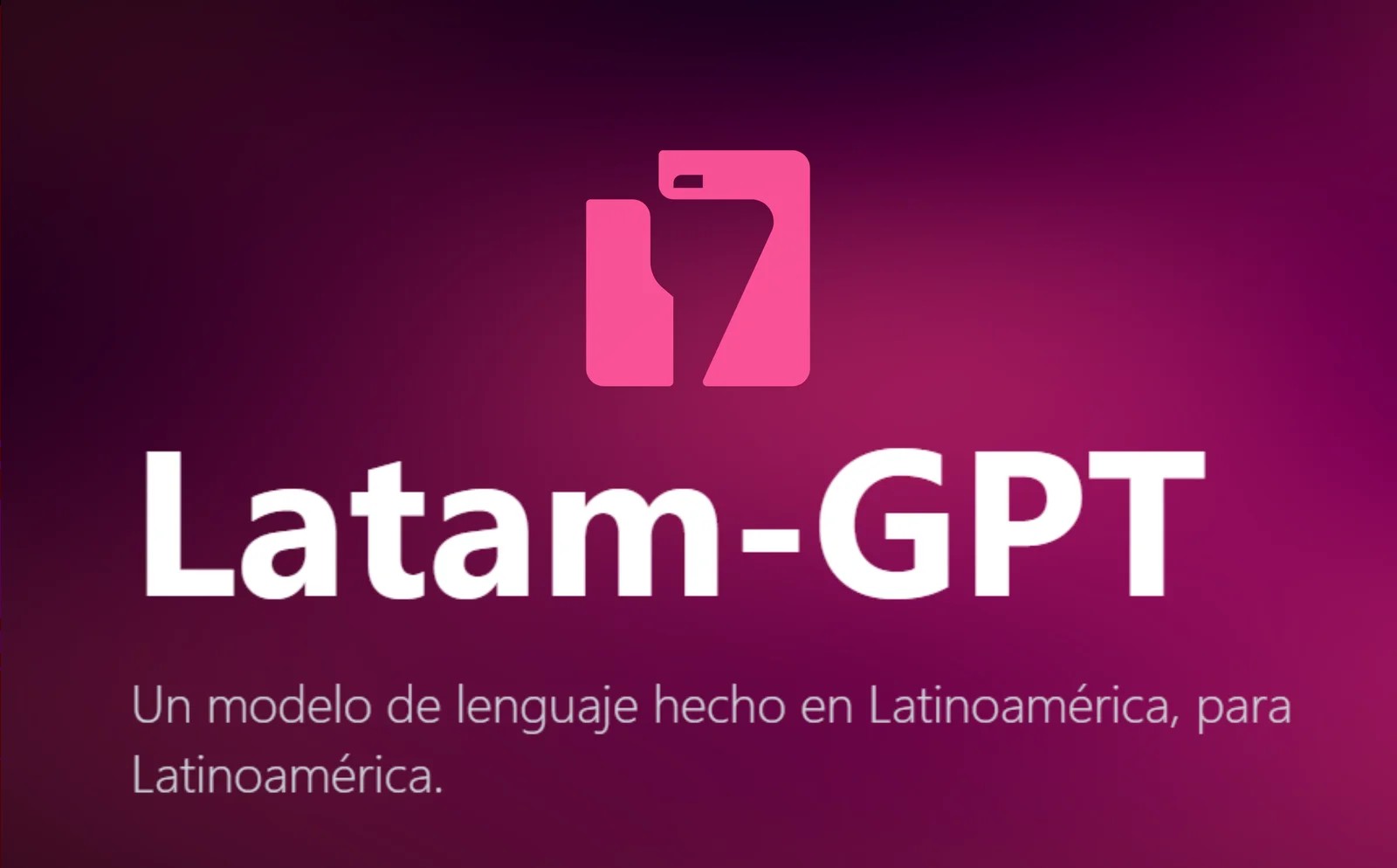Latin America’s entrepreneurial landscape is filled with innovation and determination. However, the region is currently navigating a wave of economic instability that may affect its startup ecosystem, especially […]
Popular Posts
Trending Posts
Recent Posts
Editors Choice
Leadsales Doubles Clients and Reinvents Sales Through WhatsApp for SMEs
Leadsales, a rising startup based in Querétaro, Mexico, is making waves by transforming how small and medium-sized businesses (SMEs) manage their sales processes through WhatsApp. With a multichannel […]
Hula: The Latin American Startup Revolutionizing Payment Reconciliation with AI
A new fintech startup born in Latin America is taking on one of the most overlooked inefficiencies in modern finance: fragmented, manual, and error-prone reconciliation processes. With a […]
Latam-GPT: Latin America’s First AI Language Model Aims to Preserve Cultural and Linguistic Diversity
In a groundbreaking move, Latin America will unveil Latam-GPT this September—the region’s first artificial intelligence model designed specifically for language processing with a cultural and linguistic lens. The […]



